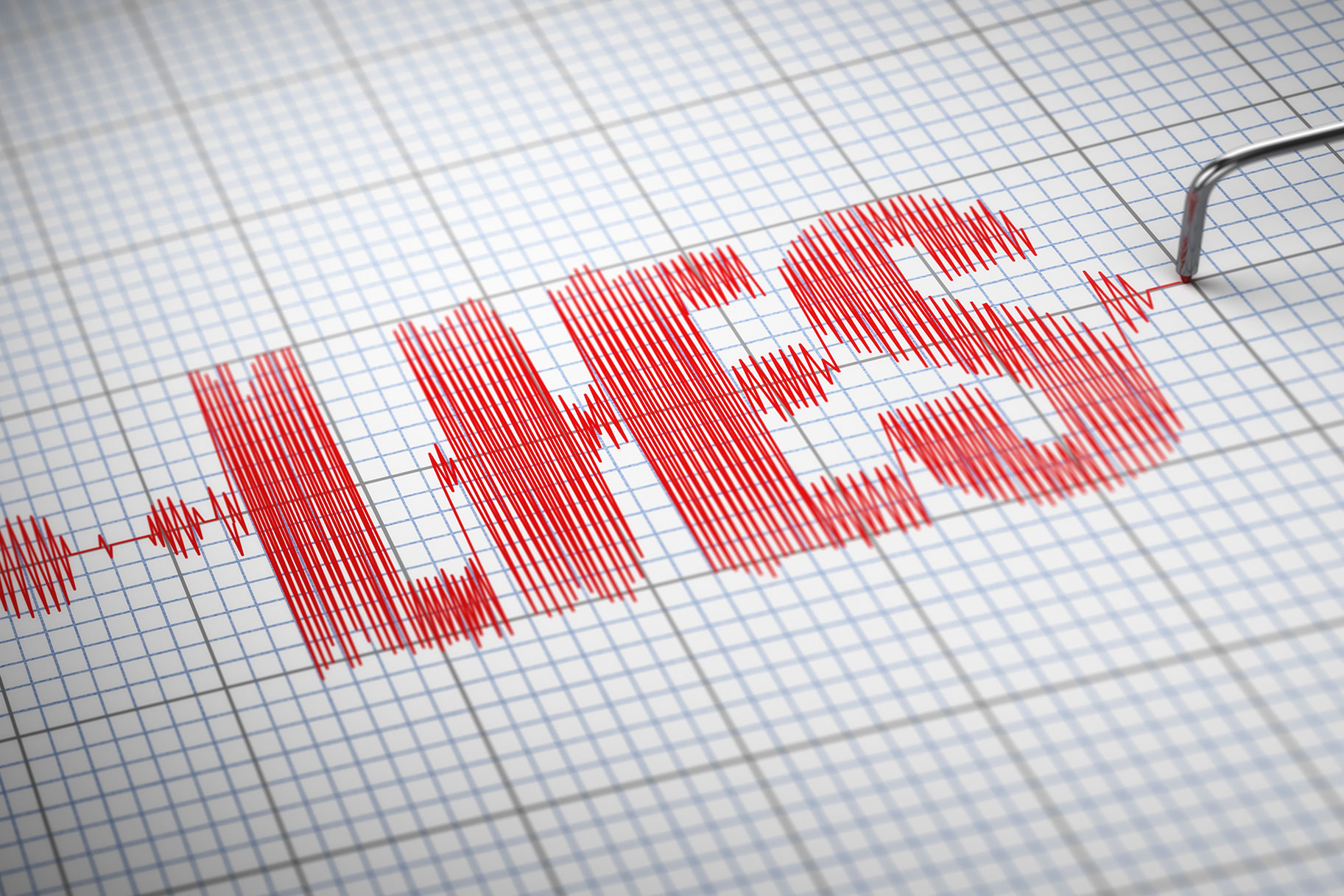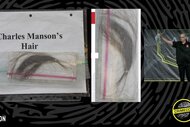Create a free profile to get unlimited access to exclusive videos, breaking news, sweepstakes, and more!
How To Know When A Person Is Lying
Mark McClish, a veteran investigator and former supervisory deputy U.S. Marshal is bringing his expertise in detecting deception to the public.

Have you ever wanted to test the skills investigators use in interviews in your everyday life? Do you think you could catch a liar in their tracks? Statement analysis expert Mark McClish spent years developing techniques and identifying possible tells. He spoke about his insights during the 2021 Crime Con panel “Liar, Liar, Pants on Fire: How to Know if Someone is Lying.” The convention is presented by Oxygen.
I teach people what to listen for in a verbal or written statement,”
Statement analysis is often more accurate for detecting lies than non-verbal and physical cues, according to McClish.
“The first thing is believe what people tell you,” McClish told Oxygen.com in a video interview ahead of the panel. “People find that a little strange. 'Somebody’s lying to me, I’m supposed to believe the lies?' Well no, but what you’ll find is most of the time people do not lie. They’ll qualify their statements.”

“Technically, they’re not lying and by taking that approach where I’m gonna believe what people tell me … more things come to light.”
Here are five key things McClish says to look out for when trying to detect deception.
Watch for unique, qualifying words
One word McClish says he would question in statements is the word “just.”
“Most of the time when people use the word 'just' they’re minimizing something,” McClish said. “They might be minimizing time … 'He just left the building.' That can be acceptable, but a lot of times they use the word just to minimize their actions.”
For example, McClish says to imagine someone offering up the following statement: “Yesterday, I just went to McDonald’s and came home.” The word isn’t necessary to the description and the person could be trying to convince others that’s all they did, McClish said.
Invoking the name of God
“People sometimes use phrases like 'I swear to God,' [and] 'Honest to God',” McClish said. “[It] indicates deception, I’d say, about 50% of the time. Some people have a habit of using that phrase. So, what we’re looking for is clusters. Several indications of deception before we come to that conclusion.”
Context of how or where a person is speaking is also important, according to McClish. A suspect swearing they’re telling the truth while being interviewed may be a stronger indication of deception versus a friend who may use the same word or phrase often.
Is the number three in their statement?
Although he can’t pin point a specific reason why, an odd detail McClish listens for in his work is someone using the number three.
“The number three is a liar’s number,” McClish said. “When deceptive people have to come up with a number, they’ll often use the number three or a number that begins with three.”
Examples McClish shared of how number three might show up in a statement could be “I was robbed of $300,” “I left the house at 3:00,” and “I was attacked by three men.”
“In an interview setting, I’m going to ask a few more questions to see is that an accurate number,” McClish said. “Now, if a person was attacked by three men, that’s what they’re gonna tell us and that will probably be the only indication of deception and I will conclude it’s a truthful statement, but we listen for that number three.”
Be mindful if a person uses spans of time within their statement
Deception isn’t always an outright lie, according to McClish. Sometimes people evade having to lie by skipping over sections of their story by using phrases that span time, including words like "after," "later on," "a short time later," or "the next thing I remember."
Listen for pronoun usage
Another possible sign of deception is someone not using the correct pronouns when describing a situation, McClish said.
If a person is recounting what they did on any given day, but never uses “I” to start their sentences that’s a red flag, McClish said. “If it’s missing, there’s a lack of commitment to the statement.”
Other pronouns that could pique an interviewer’s interest is the use of “we” or “us” to describe an attack.
“A victim is not going to partner up with her attacker or abductor,” McClish said at the CrimeCon panel.
Many signs of deception could pop up in truthful statements, according to McClish. For example, if a person says they did something three times, it could still be the truth. The priority for McClish is looking for several signs in a statement.
We’re not looking for one indication of deception,”
If an investigator suspects someone is lying or being deceptive, McClish told CrimeCon attendees to let them continue to finish their initial statement before confronting them with follow up questions.
McClish has written books on detecting deception and analyzes infamous true crime cases using his expertise.


























